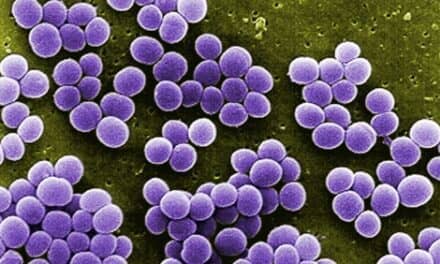SNM announces the addition of a higher-level education track for nuclear medicine professionals
Reston, Va.-A first-of-its-kind master’s level degree program is now being offered to provide nuclear medicine professionals with another career pathway for advancement in the field. The program, called the Nuclear Medicine Advanced Associate (NMAA), will help meet the growing demand for advanced imaging practitioners as new procedures are developed and as the range and utilization of imaging procedures expand.
"One of our major goals as a professional society is to prepare technologists for the changes we have experienced as our field has evolved," said Cybil Nielsen, MBA, CNMT, president of SNM’s Technologists Section (SNMTS), which helped establish the program. "This new program is a significant step toward achieving this mission. Additionally, we expect that these new professionals will positively contribute to the overall advancement of nuclear medicine technology."
The program is currently offered through a consortium of three universities: the University of Arkansas for Medical Sciences (UAMS), Saint Louis University and the University of Missouri-Columbia. The program runs for five semesters of full-time enrollment. Students are accepted on a rolling basis and may begin the program in the fall, spring or summer semester.
The program is designed for distance-learning and is delivered using a combination of online instruction and clinical instruction at facilities affiliated with UAMS and the consortium partners.
"This educational model takes advantage of technology to allow experienced nuclear medicine technologists to update their knowledge and upgrade their skills in their current work place without the burden of relocating," says Mark Wallenmeyer, MBA, CNMT, RT(N), past president of SNMTS, who is currently chairing the NMAA committee.
SNM approved and will oversee adherence to a set of clinical competencies. Students will work under the supervision of a physician instructor to demonstrate core competencies. The curriculum includes patient management skills, specialized procedures, and proper recognition and evaluation of diagnostic images. Upon completion of the program, students will earn a Masters of Imaging Sciences from the UAMS. The professional title will be NMAA, or Nuclear Medicine Advanced Associate.
The NMAA program offers nuclear medicine technologists all over the country an opportunity to advance their degrees and further their careers in nuclear medicine-while providing the best in health care to the patients they serve.
For more information about the program, visit http://www.uams.edu/chrp/nuclearadvanced/default.asp.
Source: Press Release




